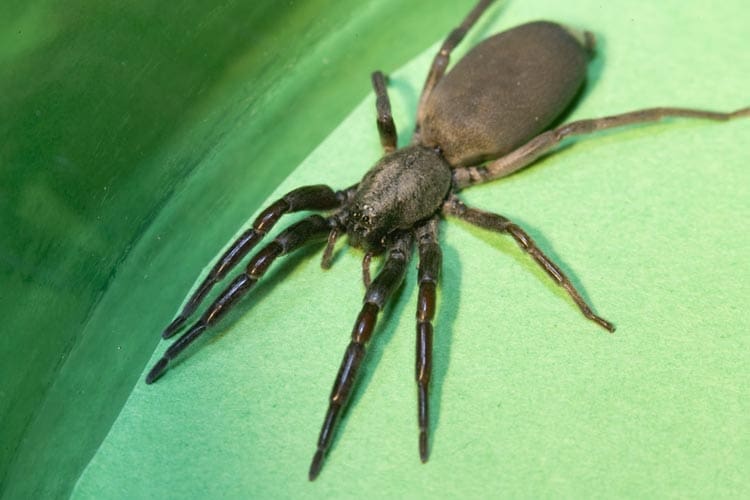White-tail spiders are on prowl according to data collected by myDr.com.au. The number of people searching for information on white-tail spider bites has increased 6-fold in the past month, with the warmer weather bringing more people into contact with the nocturnal arachnids.
But whilst the white-tailed spider has a fearsome reputation as the cause of flesh-eating or slow healing wounds from its bite, Professor Geoff Isbister of the Toxicology Unit at the University of Newcastle, Australia says this is not the case.
Professor Isbister is one of the authors of the study that effectively debunked the myth of the white tail spider bite.
“There is no evidence at all that white-tail spider bites cause flesh-eating wounds,” he said.
“We have published a large series to show that it doesn’t occur.”
Professor Isbister says if a person thinks they have been bitten by a white-tail spider, they should ensure their tetanus is up to date and treat any symptoms of the bite, such as pain or itching. If the bite itches, don’t scratch it.
Generally, a white-tailed spider causes temporary local irritation at the site of the bite.
Find out more about white-tail spider bites.

